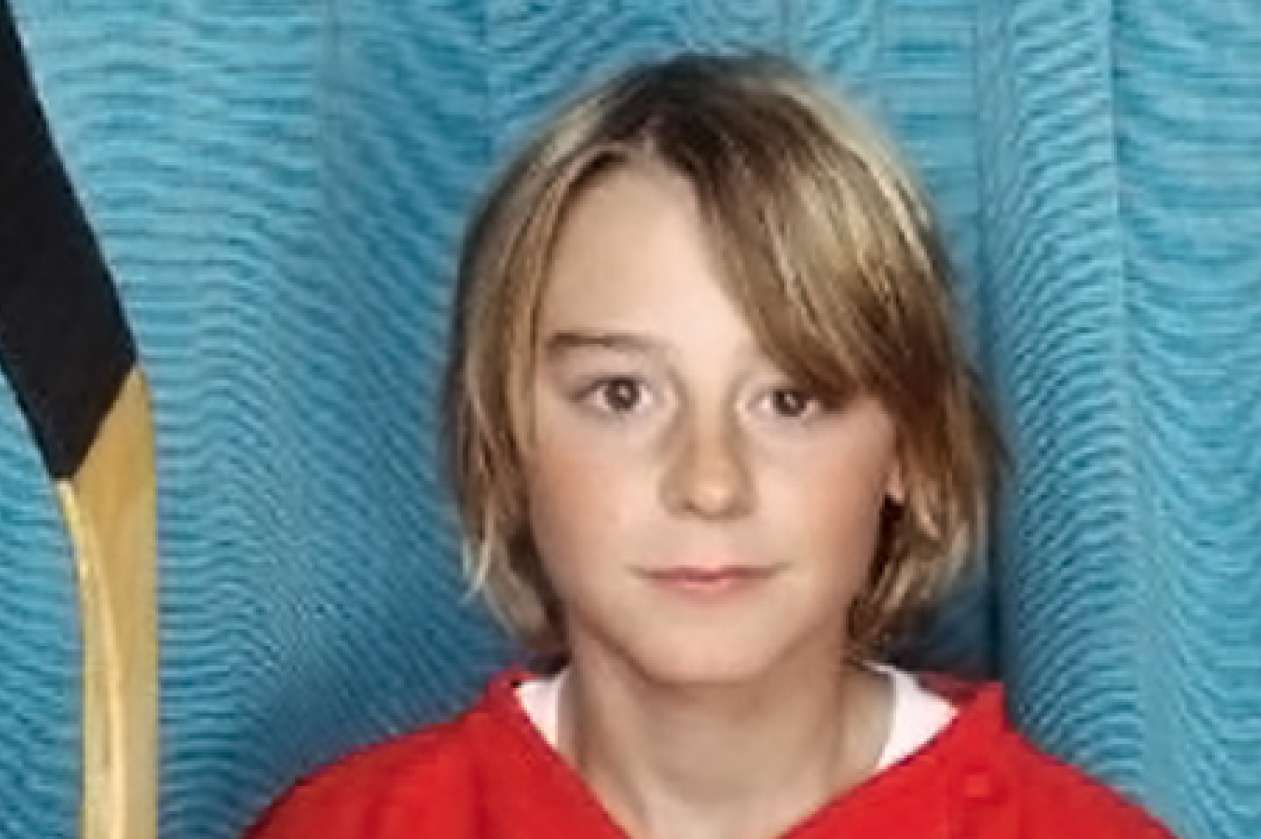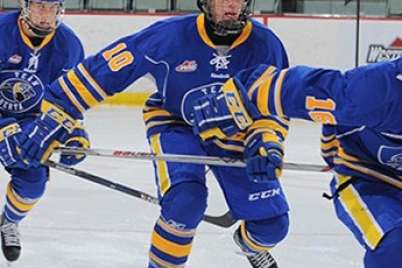
‘Selling the Dream’ shows parents why kids hockey should stay fun
Selling the Dream is a very specialized book. It is written specifically for hockey parents who have a son or a daughter that demonstrate an aptitude for the game.
Before I go on I must share a disclaimer: I love hockey. I played the game for most of my life. I also coach my son both in his winter league as well in his select team in spring hockey.
In other words, I should have loved everything about this book … and I almost did.
From the shrinking numbers of players, to the concerns about concussions, Campbell and Parcels paint a comprehensive and engaging snapshot of a troubled game. With this background, they then highlight a disturbing trend: the growing number of parents who go over board and spend thousands in an attempt to groom their child into elite players.
Through a series of interviews, statistics, and real-life stories, the authors keep bringing hockey parents back to one undeniable conclusion: considering the very low odds that your child will make it big in hockey, do not ruin your son’s or daughter’s hockey experience and youth by turning them into professionals too early.
Selling the Dream: How hockey parents and their kids are paying the price for our national obsession

Author: Ken Campbell with Jim Parcels
Published by: Viking Canada
Pages: 320
Format: Hardcover
Price: $32.00
As you support your child in the pursuit of a dream, remember that it is a game and not a business. Reflect on the thousands of dollars you could easily spend in the hope you will help your child achieve his or her potential. Be weary of the myriad professionals who promise to deliver the next Sydney Crosby or Hayley Wickenheiser.
A strength of this book are the real-life stories Campbell and Parcels gathered over the years. For example, they recount the story of hockey player Max Strang, whose parents left their job, moved the family (dog included) into a sailboat in Toronto harbor, and spent their life savings over a period of three years. All this to ensure their son would play in a renowned hockey league and have access to better coaches, strength and conditioning specialists, and other service providers. Strang eventually earned a partial scholarship at Mercyhurst College, but at what price?
As is often the case, the main strength of the book is also its weakness. After a while, the stories become repetitive in the fact that Campbell and Parcels use them to emphasize the same point over and over.
The book concludes with 5 common sense solutions. Amongst them, introducing super elite hockey (AAA) only at Pee Wee age (11-12) and not before, and the need for parents to regain a sense of perspective.
I do recommend Selling the Dream to all parents who have a son or daughter that excels at the sport and are interested in knowing more about the inner working of hockey development. My only reservation would be that you might get to a point where you feel the need to skip some of the stories.






I will definitely be reading this, I have coached for 30 years, half of those not coaching my own kids. I now coach my grandson, he is 8, it has changed some and not for the good. This books seems to be something I have been preaching for years, keep it fun, keep the kids in the game.
As said above get rid of rep hockey, but I’d recommend not starting until bantam. They have rep hockey for 5-6 year olds, REALLY? A lot of kids quit because they don’t make the rep team, and in a lot of cases it’s because they disappointed their parents.
Those gifted kids will get noticed no matter what level they play.
I’ll play Devils advocate to your point about Rep starting in Bantam.
If you keep all elite players mixed amongst the group then I would also expect to see weaker players walk away as well.
You see, AAA, AA, A should be used as tools to separate the players into peer groups so it is more enjoyable for all levels.
If a players parents are disappointed in him/her that is a separate issue.
i really know what you are talking about . I see it every year has an arena manager . but how do we stop association , branches and all those peoples coming out of hockey trying to make a living on filling the parents with dreams . the number of kids are going down and hockey branches are competing against each other for bragging rights to who has the best players . where their mandate is to grow the game . the people up top are the problem and having more and more staff costing lots of money to minor hockeys . now they are keeping arena year round to make money so you have to sell your ideas and have those parents spending the cash . close those arena down things will change big time .